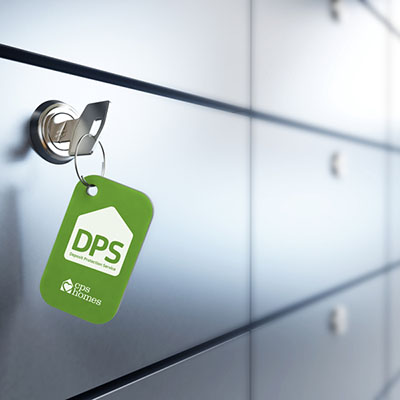Step 1
My child has asked me to be their guarantor. What does that involve?
In essence, a guarantor is a financial backer for a contract-holder – they agree to cover the shortfall of any rent that the contract-holder fails to pay, guaranteeing to the landlord that it will be paid. Student contract-holders need guarantors because they cannot get the usual kinds of contract-holder references (employer references, credit checks and previous landlord references). A guarantor is often the parent or guardian of the contract-holder in question, and must be a UK resident, UK homeowner, and over the age of 25. The guarantor paperwork must be signed before the contract-holders can sign the occupation contract – we send it out to the contract-holders to pass to their guarantors after they have paid their holding deposits and taken the property they want off the market.
The responsibilities of the guarantor are to commit to paying the rent should the contract-holder fail to pay, and, if the property is damaged by the contract-holders beyond the reasonable limit of “fair wear and tear” and the contract-holders’ deposit money is not enough to cover the cost of restoring the property to its condition prior to the tenancy, the guarantor agrees to pay the difference if the contract-holder(s) fail to do so.

















